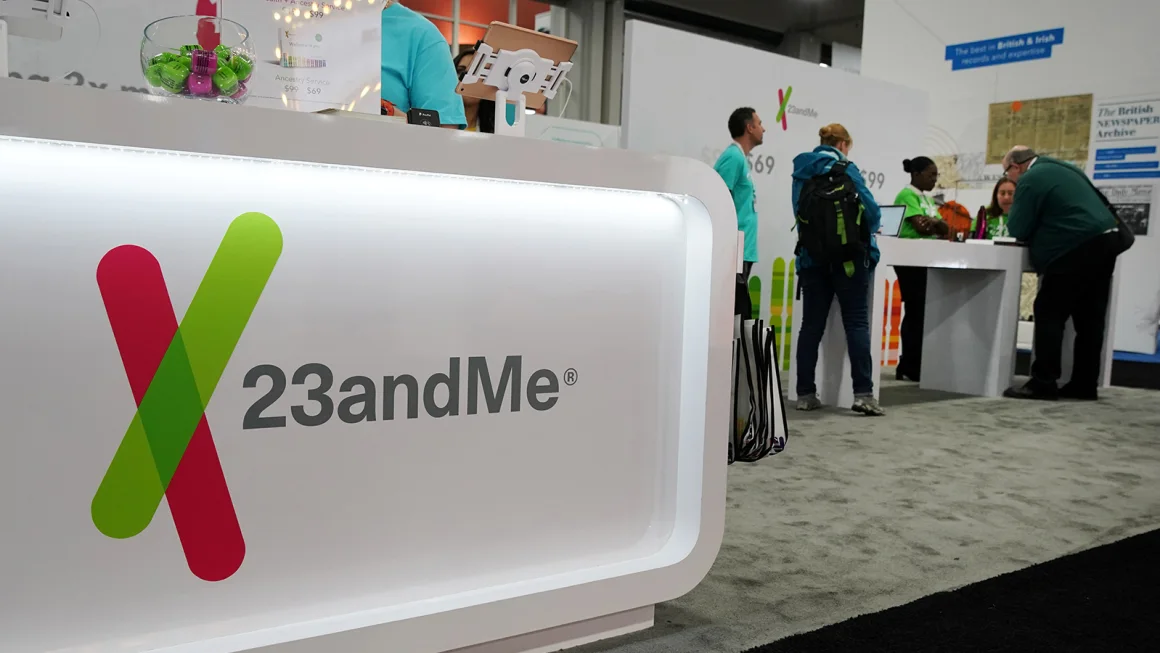Spotify is scrambling to take down dozens of fake podcasts that promote the illegal sale of prescription drugs, after a CNN investigation uncovered pages masquerading as legitimate podcasts to advertise and link to online pharmacies. These podcasts were found to offer medications such as Adderall, Oxycodone, and Xanax—sometimes claiming to sell them without a prescription, which is illegal in the U.S.
A CNN review found that searching terms like “Adderall” on Spotify surfaced podcasts with names like My Adderall Store, featuring links to websites selling controlled substances, some of which are highly addictive. Dozens of such pages were uncovered, many of them featuring brief episodes with AI-generated voices advertising drugs and linking to online pharmacies that claim to ship medications directly without a prescription.
Following CNN’s inquiry and a list of 26 podcasts provided to Spotify, the platform swiftly removed those specific shows. A spokesperson confirmed they violated Spotify’s rules, which prohibit illegal and spam content. However, similar podcasts remained active even after the takedown, indicating ongoing moderation gaps.
Spotify has since reaffirmed its commitment to removing harmful content, stating, “We are constantly working to detect and remove violating content across our service.”
Concerns over online drug sales have grown in recent years, especially after several teens died from overdoses involving pills bought online. The issue also highlights the limitations of content moderation as AI makes it easier to generate spam and fake media.
Podcasts such as Xtrapharma.com and Order Xanax 2 mg Online Big Deal On Christmas Season contained short, bot-voiced episodes promoting prescription drugs with false assurances of FDA-approved, no-prescription delivery. Some podcasts had been live on Spotify for months, undetected.
These podcasts often appeared high in search results for drug-related terms like “Xanax,” “Valium,” “Vyvanse,” “Percocet,” and “Codeine.” Some even included discount codes and promises of fast shipping.
While it’s unclear how many users interacted with these fake podcasts, the issue raises concerns about Spotify’s ability to effectively moderate its platform. Spotify allows users to freely publish and potentially monetize podcasts, but its guidelines prohibit the use of the platform for promoting illegal or harmful goods.
The company’s moderation system uses both automation and human reviewers, and it has taken steps in the past to improve content safety—especially after criticism over health misinformation during the COVID-19 pandemic. Initiatives like its Safety Advisory Council and the acquisition of audio-screening startup Kinzen were meant to strengthen enforcement.
Yet, experts say the recent findings show there’s still work to be done. “Any platform allowing user-generated content is vulnerable to drug sales,” said Sarah Gardner of the Heat Initiative. “The real issue is how seriously companies take their responsibility to act.”
With the rise of AI-generated content and growing concerns about online drug access, the spotlight is now on Spotify and other tech platforms to better protect users—especially young people—from harmful and illegal activity.














